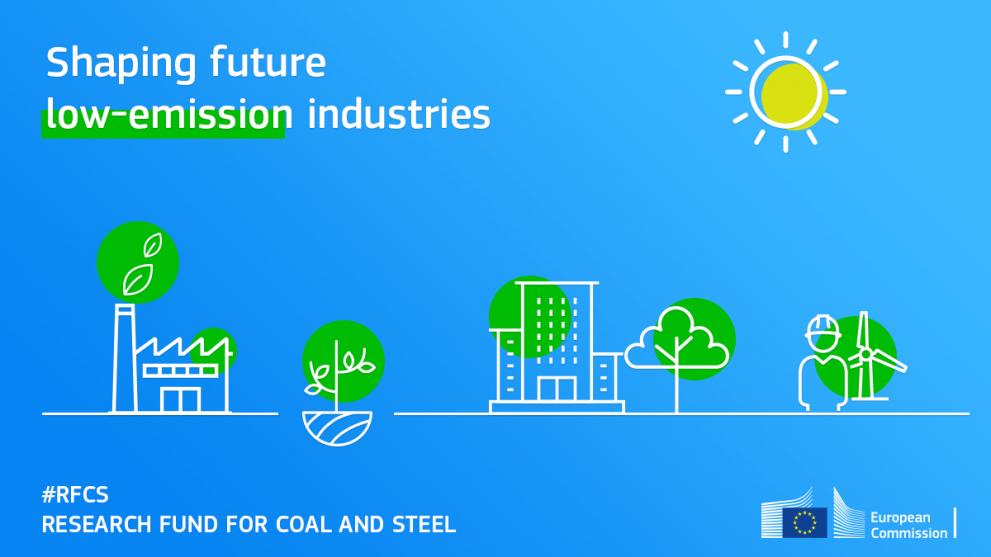
Rocketing energy prices have loudened calls for greater EU energy security, with economists believing the future rests with accelerated transitions to renewable or cleaner sources of energy.
The European Commission’s Directorate-General for Research and Innovation (DG R&I) and the European Research Executive Agency (REA) continue to address the challenge by modernising the Research Fund for Coal and Steel (RFCS), increasingly linking new funding to the long term objectives of the European Green Deal for a climate neutral Europe by 2050.
During a two-day summit in Brussels 21-22 March dedicated to celebrating the 20th anniversary of the RFCS fund, stakeholders showcase zero carbon steel-making processes, as well as research projects for the just transition of formerly operating coalmines in the process of closure in line with the Just Transition Mechanism by 2030.
RFCS is a critical tool in the fight against climate change as the fund supports calls for new proposals (“big tickets”), projects at universities, research centres, and private companies, some successful examples of which can be seen in the following:
Improving robotic workstations to protect personnel in the steel industry
The steel industry is historically hazard-intensive, with European steel workers regularly exposed to health risks and accidents from blazing coke ovens or chemicals due to narrow workspaces in steel mills. Over the course of three years, ROBOHARSH improved workers' safety protection in steel mills by adapting an industrial robotic cell to support technical personnel, replacing human intervention in heavy and dangerous operations. This application of robotics was new and differed from the contemporary methods used in steel mills in the EU.
Find out more about ROBOHARSH
Technological solutions for clean steelmaking
Green Steel for Europe developed cleaner steel using a technology roadmap to define mid- and long-term pathways for lower carbon products. Through its innovative approach consisting of the combined assessment of promising technologies, industrial transformation scenarios, and policy options and impacts, the project helped position the EU as a leading provider of low-carbon products, services and advanced technologies in steelmaking.
Find out more about GREEN STEEL FOR EUROPE
Recovering coal mining affected areas for the benefit of ecosystems
In order for coal to be mined and used in everyday households, acres of land are needed for industrial processing destroying natural eco-systems. The Recovery project focuses on land rehabilitation and ecological restoration of coal mining-affected areas. It aims to accelerate the recovery of degraded and transformed ecosystems to a good ecosystem status for the welfare of all Europeans.
Find out more about RECOVERY
The sustainable use and long-term management of excess mining materials
Spoil tips, or slag heaps, are massive heaps of materials excavated during the coal mining. The aim of SUMAD will be to develop an operational computer-based risk management tool (SUMAD RMT) for the reuse of mining waste tips. This will increase existing knowledge and technology, uniting EU experts to investigate the future use of coal-mining spoil with a focus on geotechnical, sustainability, environmental and socio-economic challenges.
Find out more about SUMAD
Are you interested in contributing towards future breakthroughs on coal and steel? Then apply for EU funding and check out the new open calls for proposals!
Details
- Publication date
- 17 March 2022
- Author
- European Research Executive Agency
